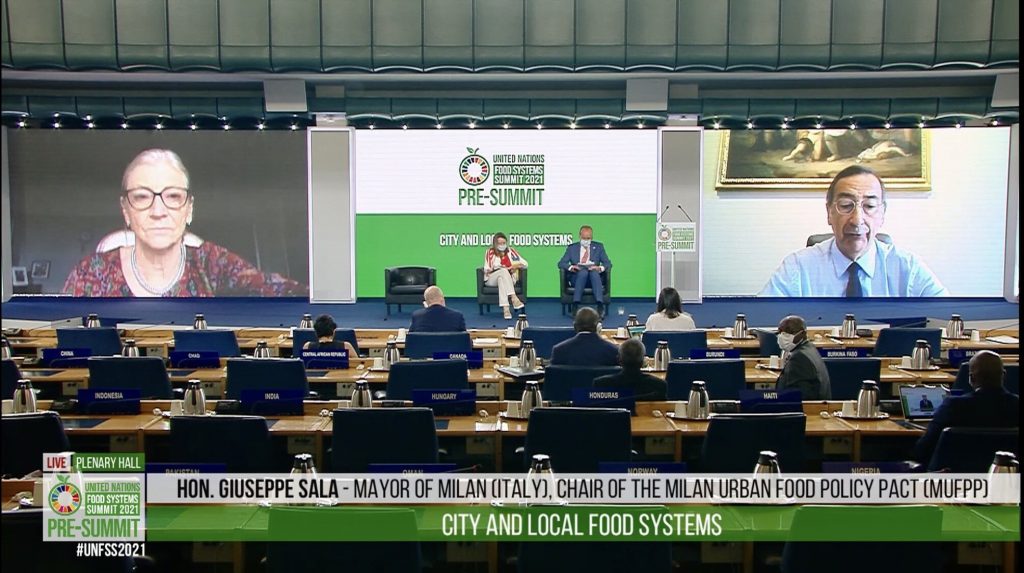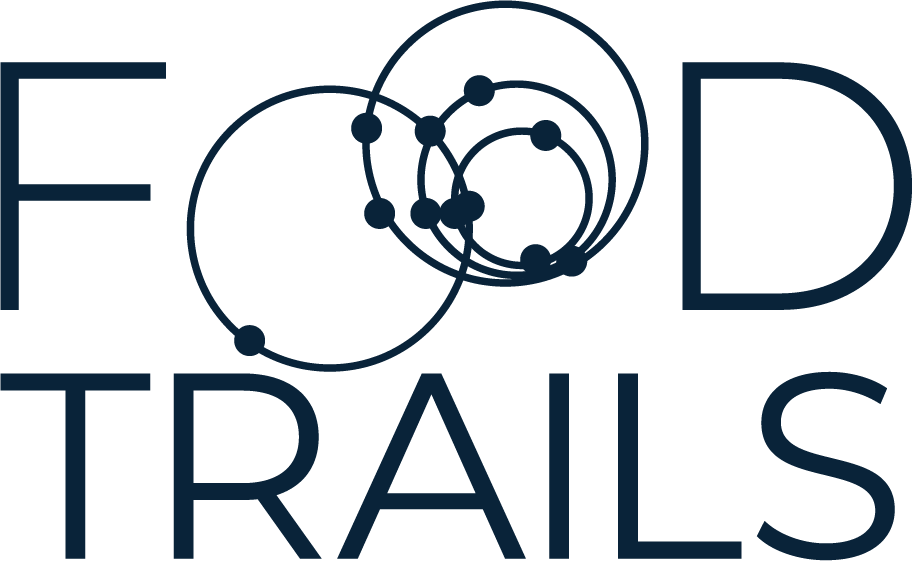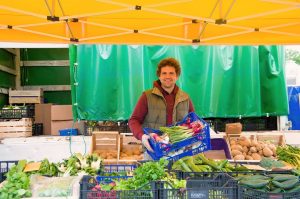In July 2021, the United Nations held a Food Systems Pre-Summit in Rome. The three-day event was the preparatory meeting ahead of the main event in September, bringing together actors from around the world to propose actions for national food systems transformation.
The UN Food Systems Summit (UNFSS) will set the course for shifting to healthier, fairer and more sustainable food systems, to help achieve critical progress on all 17 Sustainable Development Goals (SDGs).
As part of the Pre-Summit, a dedicated session was held on “City and Local Food Systems”. The event aimed to cast a much-needed spotlight on the key role municipalities and local systems play in achieving the ambitions of the Summit – and beyond.
Urban areas are home to over 50% of the world’s population, a number expected to rise to 68% by 2050. City leaders face numerous challenges today, including the huge task of ensuring healthy, tasty, and sustainable food is accessible to all residents.
“It is absolutely critical that we mainstream the work of cities in all of the UN food systems going forward,” said Rosie Boycott, Journalist, Food Campaigner and Activist. “Food systems transformation towards sustainability requires both horizontal and vertical planning and policy across different levels of government.”

The session was co-organised by the Milan Urban Food Policy Pact – the backbone of the Food Trails project. The Mayor of Milan, Giuseppe Sala, greeted participants and called on building alliances between cities and higher levels of government on fully sustainable inclusive food systems. “We, cities, feel there is great scope in reinforcing food systems at the national and international level by building on cities’ experiences,” said Sala.
A variety of representatives from local governments, city networks, researchers, non-profits, and the private sector featured food systems action at the local level. Two Food Trails cities, Milan and Copenhagen, highlighted the need to share knowledge beyond borders and the importance of multi-stakeholder partnerships.
“We can all help create a more sustainable and climate-friendly food system,” said Betina Bergmann Madsen, from the National Food Procurement Officers’ Network of Denmark. “We need to work closer together across all sectors [for] implementation to happen much faster.”
As part of the Food Trails project, 11 cities are working to co-create urban food policies to support local food systems actions and targets.
To watch the Pre-Summit session, as well as other events, please visit the Pre-Summit’s On-Demand page.
To learn more about the UN Food Systems Summit, please visit the official website.







